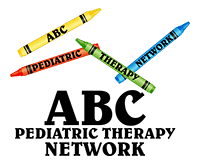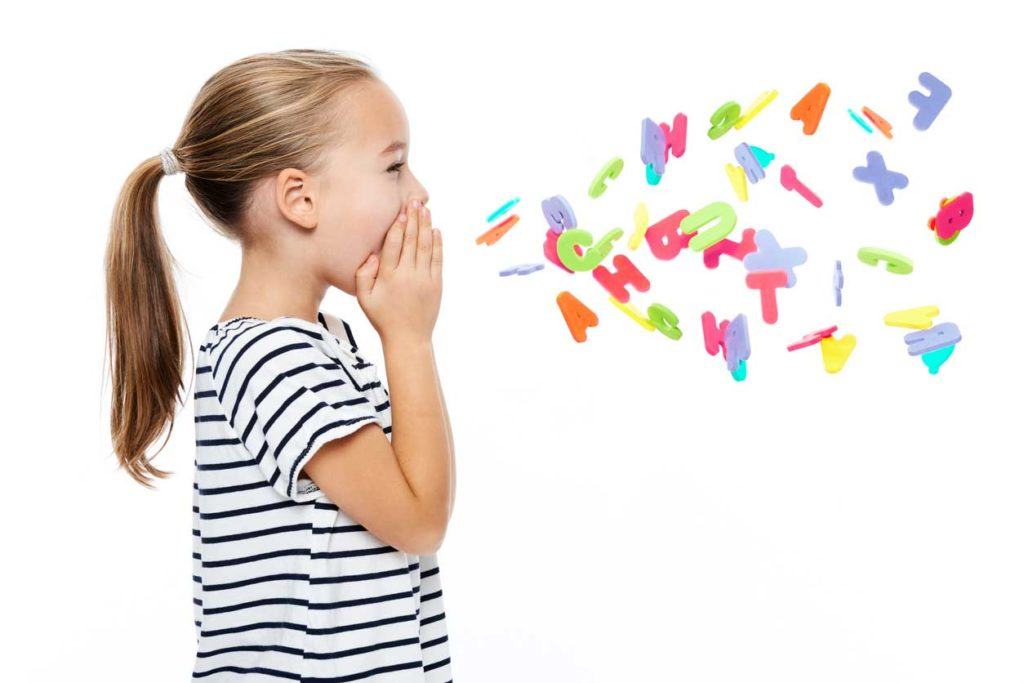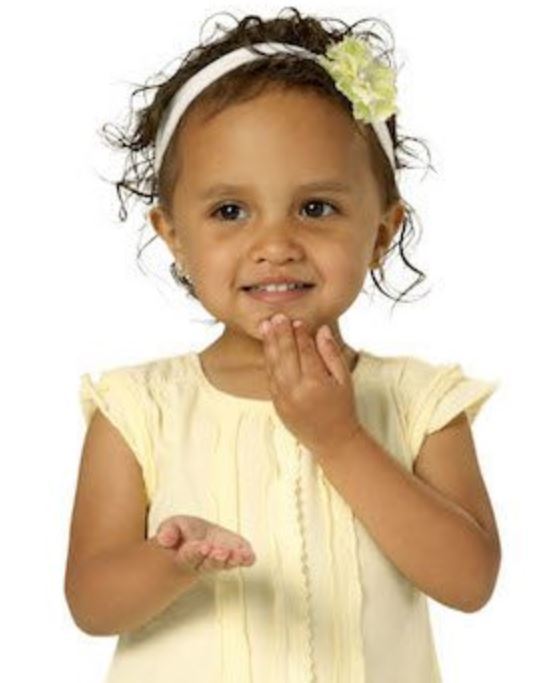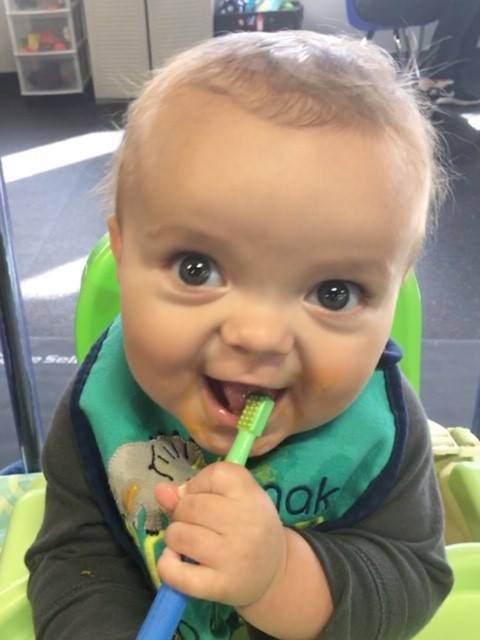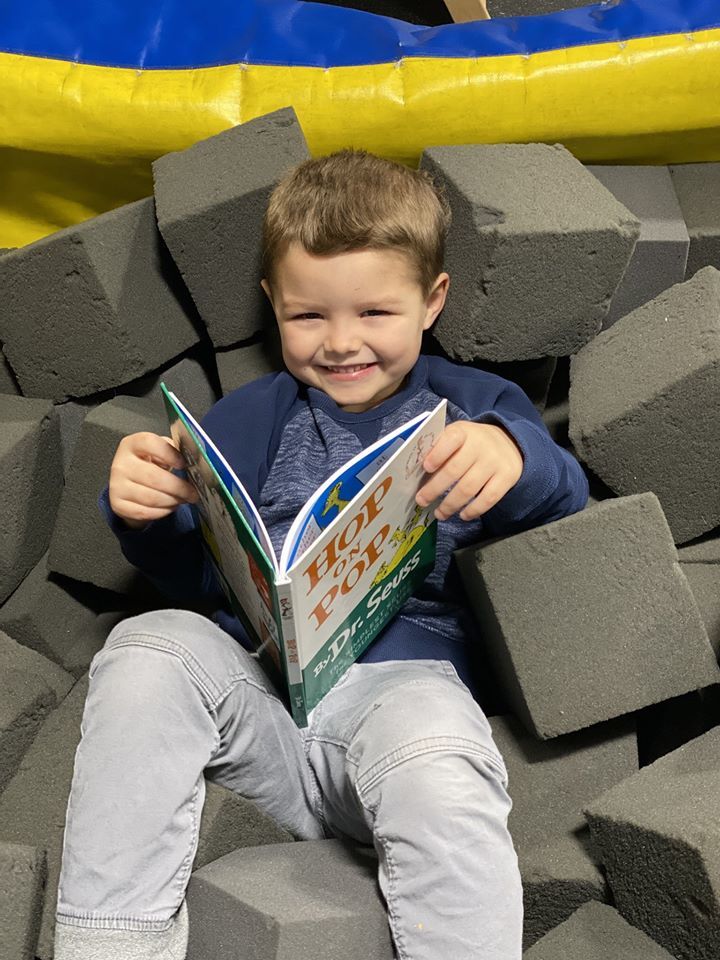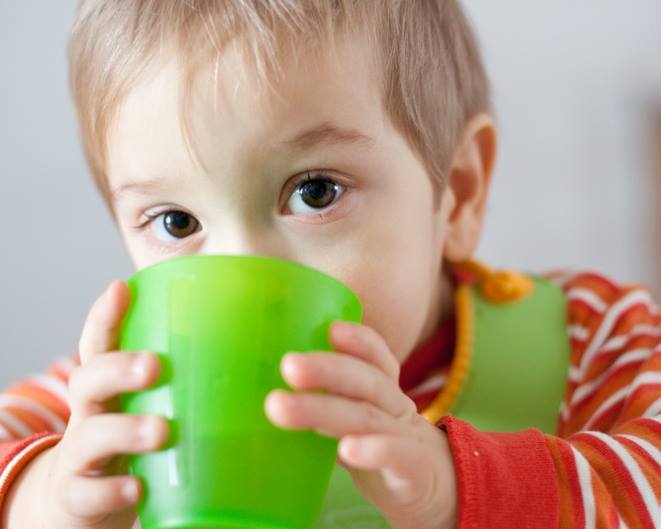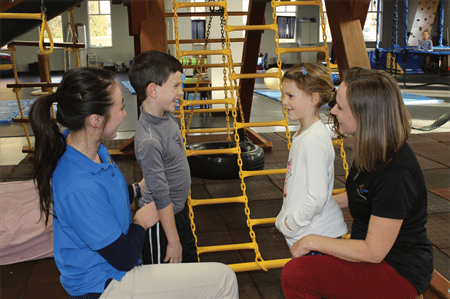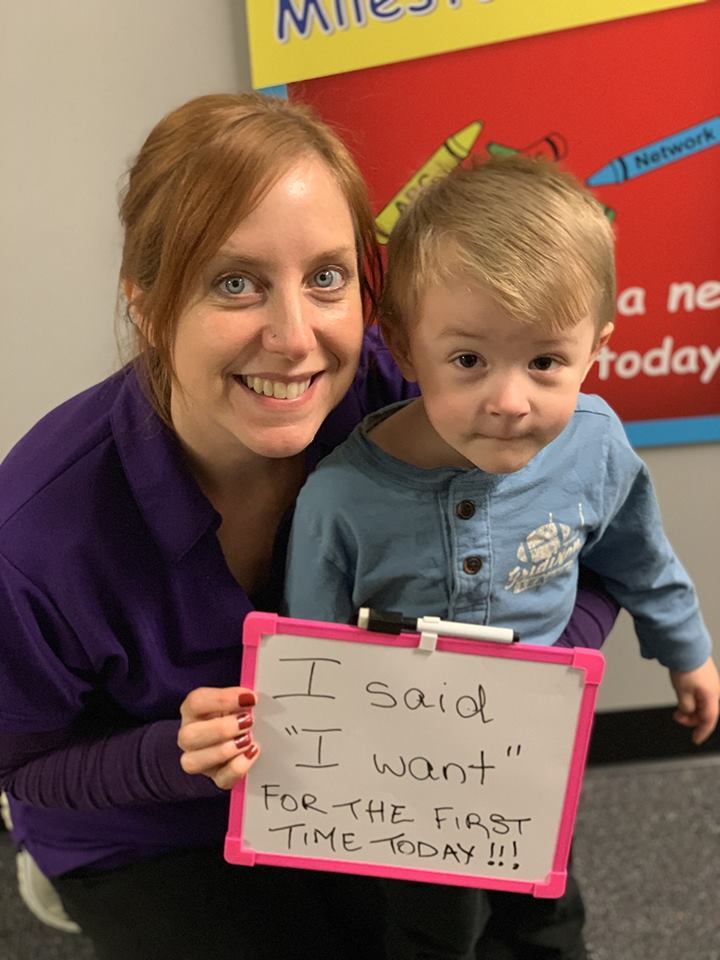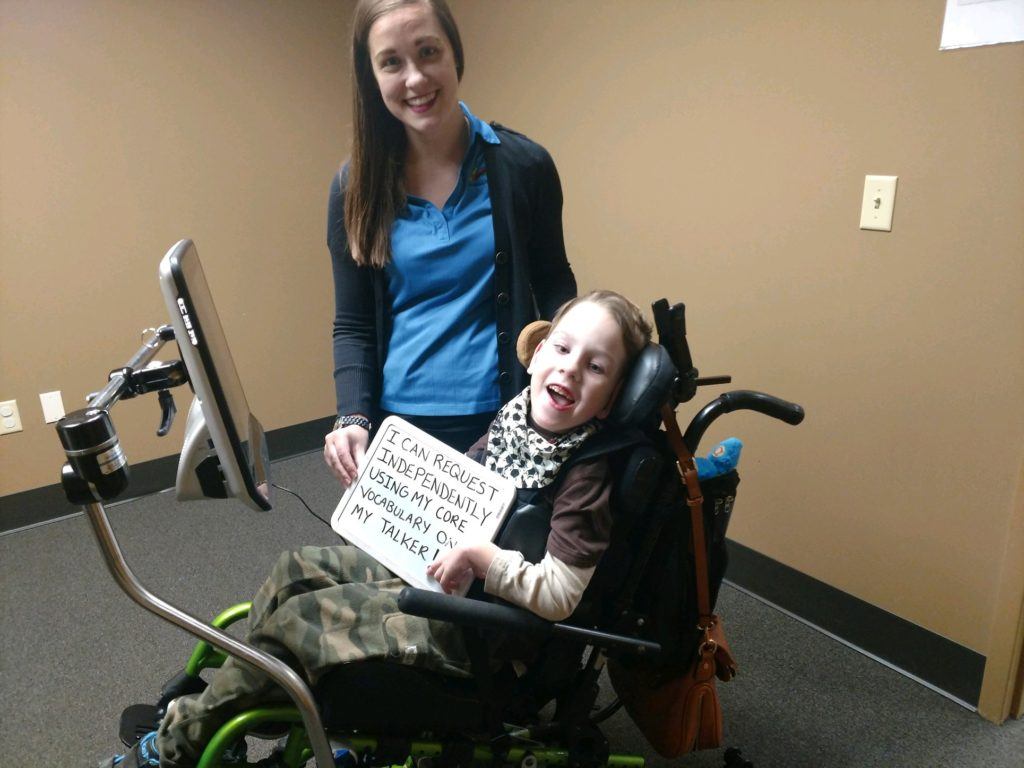Pediatric Speech Therapy in Dayton & Cincinnati, OH
One of the greatest joys as a parent is seeing your child grow and develop. Each child develops at a different rate. However, mental and physical disorders and other causes can make learning and communication a struggle for many children.
Find help with our pediatric speech therapy in Cincinnati/Dayton, Ohio and nearby areas. Our therapists maximize your child’s opportunities for growth with activities tailored to their age and abilities.
Who We Treat
We treat children of all ages, from infants to teenagers. Our work covers a large range of disorders in children. Often, certain disorders—such as cerebral palsy, autism, or Down syndrome—affect a child’s ability to progress normally in speech.
From simple vocalizations to spelling and writing, our team can help. If your child struggles with language skills, choose our pediatric speech therapy in Dayton and Cincinnati areas.
Our Therapy Techniques
We foster language skills in a fun, safe environment for your child. We center our therapy around the way children work—through play. This helps them feel comfortable and provides a more natural setting for communication.
Our therapists use a variety of techniques common among occupational and physical therapists. We also utilize equipment that is suited to your child’s developmental levels. This offers greater opportunities to encourage natural language and speech development.
Developmental Checklist
Is your child meeting their developmental milestones?
Speech Is More than Words
Speech is an integral part of communication. It is the basis for a child’s interaction with other children and with adults—especially parents.
Your children’s speech influences how they communicate, understand, and play. Pull down barriers and increase comprehension through therapy tailored to your child’s needs. Our group brings hope and steady improvement through pediatric speech therapy in Cincinnati and surrounding areas.
Browse our parent checklist below to evaluate your child’s speech and language development. If you have any concerns about your child’s speech development, give us a call.
Speech Skills
Speech Skills involve our ability to communicate our wants and needs to others. In order to communicate, we need say the correct words, with the correct sounds, as well as understand what others are saying to us. Our speech skills are very closely related to our feeding skills because the same muscles are used for both. These skills develop quickly throughout our growing years. Proper development of speech skills requires strength, coordination, postural control, attention, and cognition. It also requires appropriate function of our sensory system.
Speech skills are very important to a child’s overall development, health, learning experiences, and self-esteem. Developing independence with speech skills at an early age is crucial to school performance and social interaction. Speech skills allow a child to express their basic wants and needs. Skills necessary for eating are important for nutrition and overall health. The human body follows a step by step process, where one area often relies on another to achieve full function.
Each milestone that is achieved throughout the first years of life is dependent on the one that came before it. To be able have a conversation, we must first learn to put two words together. We need to learn how to produce a sound before we form full sentences. We need strong muscles in our mouths to eat healthy fruits and vegetables. The body goes through a complicated movement process. If a child is not achieving a milestone within a reasonable time frame, it is important to ask questions and seek out guidance right away because the next set of skills is coming up fast. The longer you wait, the further behind the child will fall. The earlier an intervention is provided, the more effective it can be.
Speech and Language Development – Parent Checklist
0-6 months
- Searches for speaker
- Recognizes own name
- Babbles
- Vocalizes feelings through intonation
- Frequently puts fingers, objects, clothing, pacifier into mouth for sucking and mouthing
- Breastfeeding and/or bottle feeding
- Starting soft, smooth solid foods
- Cooing: vowel-like sounds
7-9 months
- Self-feeds simple, finger foods
- Babbles same sounds repeatedly (baba or mama)
- Produces sounds which are similar to t,d,n,f,v,z,ch,j,th,sh and s
- Makes sound while eating with food in mouth
- Reaches for object and looks for caregiver’s reaction
- Tolerates smooth, lumpy solids fed by spoon by 9 months
10-12 months
- Clears food off spoon with upper lip (eats lumpy, mashed foods)
- Feeding self with fingers
- Babbles using different sounds (nama)
- Takes turns vocalizing
- Will imitate others’ vocalizations or gestures
- Points/gestures and vocalizes
- Participates in joint attention activities
18 months
- Uses 10-20 words including names
- Combines 2 words (all done, Daddy bye-bye)
- Names at least 5 common items
- Responds to “yes/no” questions
- Follows simple, one-step commands
- Points to body parts on self when names
- Retrieves objects from another room when asked
- Understands at least 50 words
- Asks for “more” and “what’s that?”
- Drinks liquids from an open cup independently with limited spillage
- Swallows with lip closure
- Has precise up and down tongue movement
- Eats table foods (includes easily chewed meats and cooked vegetables)
24 months
- Has at least 100 words in vocabulary
- Frequently uses 2-word phrases
- Uses some 3-word phrases
- Is at least 25-50% intelligible to all listeners
- Follows simple 2-step related commands (may still require gestural cues)
- Drinks from an open cup and from straw without dribbling
- Bites through a variety of food thicknesses
- Demonstrates verbal turn-taking
30 months
- Has approximately 450 words in vocabulary
- Gives own first name
- Answers “where” questions
- Uses present progressive -ing
- Uses “no” or “not”
- Consistently uses 3-4 word phrases/sentences
- Identifies simple objects by function
- Is 50-75% intelligible
- Shares toys and understands simple locations (in, under, out, off)
- Responds to greetings
- Uses pronouns (my, me, mine, you)
36 months
- Is 75% intelligible to all listeners
- Converses in sentences
- Has 1000 words in vocabulary
- Follows prepositional commands (on, next to, under, etc.)
- Follows simple 3- step related commands
- Begins to use adjectives for color and size
- Asks one-word “why” questions
- Uses “what”, “where”, “how”, and “whose” when asking questions
- Uses “in” and “on” when asked “where” questions
- Beings to understand time concepts such as soon, later, wait
- Chews and swallows majority of adult food
42 months
- Uses regular plural –s (socks, shoes)
- Uses possessive –s (baby’s bottle)
48 months
- Consistently uses 4-5 word sentences, with correct sentence structure
- Is 80% intelligible
- Verbally relates a personal experience/story
- Asks many questions including “who?” and “why?”
- Uses regular and irregular past tense verbs consistently and regular 3rd person
- Uses most pronouns
- Has 1500+ words in vocabulary
- Follows simple multi-step directions without repetition
- Uses contractions (can’t, don’t, I’ve)
- Identifies colors
60 months
- Uses a variety of sentences with 6 or more words
- Has greater than 2000 words in vocabulary
- Uses most speech sounds correctly
- Is 90-100% intelligible
- Answers “how are things the same or different”
- Can carry a plot when telling a story
- Understands time concepts (yesterday, today, first, then, next)
- Asks question to get more information
- Inventive spelling when writing
Through steady improvement, your child can attain a boost of confidence.
Help your child find new levels of independence with pediatric speech therapy in Cincinnati and Dayton, OH.
 Skip to content
Skip to content